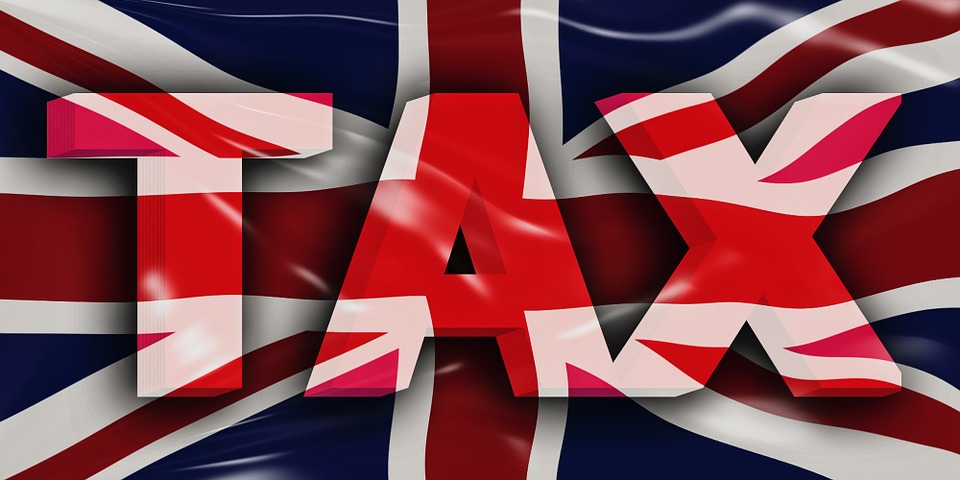To celebrate this year’s International Women’s Day on Sunday 8th March, experts at The University of Law (ULaw) have shared five laws that marked significant victories for women in the UK.
- Upskirting criminalised, 2019
Following a campaign from activist, Gina Martin, the Voyeurism (Offences) Act 2019 officially came into force in April 2019.
The Act adds two further offences to the Sexual Offences Act 2003, which cover the practice of ‘upskirting’, which is where sexually intrusive pictures are taken under a person’s skirt without permission.
Justice Minister, Lucy Frazer, said: “We have always been clear – there are no excuses for this behaviour and offenders should feel the full force of the law. From today, they will.”
Offenders found guilty of upskirting face up to two years in prison and are placed on the sex offenders’ register.
- Women can order in a pub
While it sounds like something from a comedy sketch, this movement marked significant strides forward for women’s equality.
Protests began in 1970 when a group of female journalists demanded that as their money was equal, their rights must be too, as women could legally be refused service in pubs. The origins of the ban are thought to date back to the Second World War, with some establishments banishing women to a back room in the name of ‘chivalry’.
However, in 1982 these laws were abolished meaning women could legally spend their money in a pub without question.
- The right to equal pay
As of 2018, all companies in Great Britain (excluding Northern Ireland) must make their gender pay gap figures public and declare them to the Government Equalities Office (GEO), as well as publishing the percentage of men and women who receive bonuses.
Since 2018, gender pay gap reports have highlighted some stark differences in pay between men and women in the same roles, which is against the law under the Equal Pay Act 1970 and the Equality Act 1970. This awareness was a breakthrough in tackling the gender pay gap, however, there’s still a long way to go to close the gap.
- Dying for a tan
Moving away from equal rights, this law relating to sunbeds was put in place following a successful campaign from ex-Girls Aloud member, Nicola Roberts.
The pop star launched her “Dying for a Tan” campaign, highlighting the very real dangers of using sunbeds and demanding those under 18 should not be allowed on them. The campaign was a success, attracting massive media attention and eventually leading to a change in the law that means it is now illegal for anyone under 18 to purchase or use a sunbed.
- The right to a divorce
Up until 1937, women could not file for divorce unless they could prove their husband had partaken in acts that violate the sanctity of marriage, such as cruelty. However, with such an imbalance in power at the time, these acts were often hard to prove, leaving thousands of women in unhappy and sometimes trapped in violent marriages.
Pressure from feminist groups at the time eventually led to the Matrimonial Causes Act 1937, which meant either party in the marriage had the right to file for a divorce. This movement marked the beginning of the modernisation of divorce laws that have changed the lives of women across the country.
Coral Hill, Associate Professor, at ULaw, said: “This International Women’s Day, we wanted to shine a spotlight on the significant milestones that have been achieved by powerful women over the years.
“We still have a long way to go to achieve true equality in the UK. However, these important milestones from our history highlight how powerful we can be when we all come together to influence change.”
To find out more about The University of Law, visit: www.law.ac.uk










